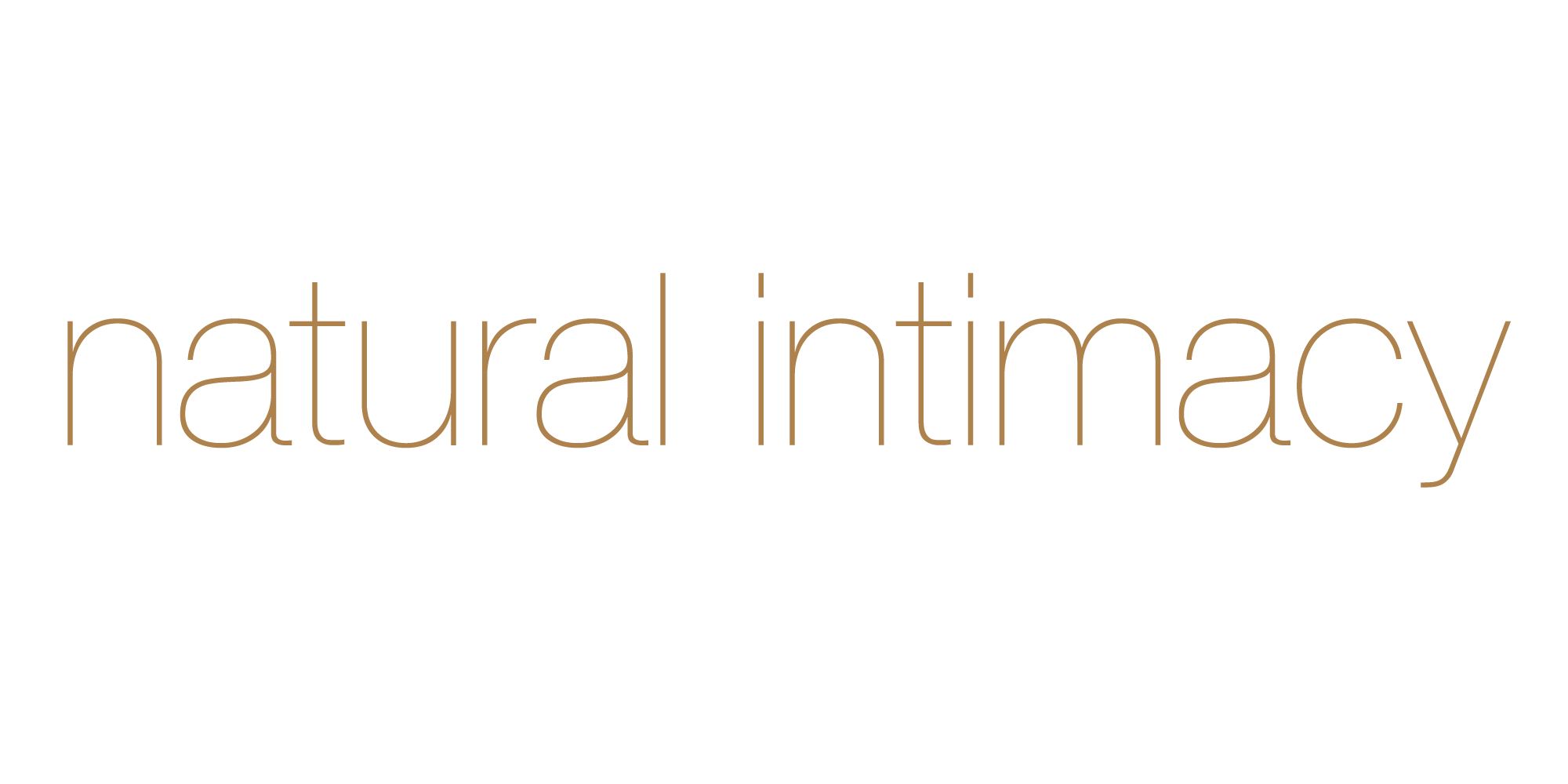Often known as MH Day, Menstrual Hygiene Day is celebrated on the 28th of the month to represent (what is incorrectly perceived to be) the average cycle length of 28 days. May is chosen as it’s the 5th month and the average period is often said to be 5 days long.
Initiated in 2013 by a Berlin based advocacy group called WASH United, this annual celebration is designed to raise awareness of menstruation related issues, breaking taboos, highlighting period poverty and educating men and women on the topic. And by all accounts, after almost a decade, it is clearly a loud voice in this important conversation which is growing in volume, size and strength, year on year.
Menstrual hygiene is a core topic for us here at Natural Intimacy. We launched with our first product a few years ago, IntimateCare sponges. Natural sea sponges are so hygienic, their system of pores allows for easy, thorough rinsing, so whatever needs cleaning gets rinsed away every time. This makes them really well suited for intimate cleansing. Understandably there is an icky factor to cleaning yourself down below which is why a rinse-clean sponges make it a more pleasant ritual.
Being absorbent helps too. The sponges can soak up all sorts of cleansing and anti-bacterial solutions which can be delivered where they’re needed, deep inside.
These natural wonders were soon adapted for other uses by our customers. Menstrual sponges. Natural, organic, biodegradable alternatives to tampons. Just ”wet, twist & insert”. After 6 to 8 hours, depending on your flow, ”remove, rinse & replace”. And they’re popular! Lasting for some 6 cycles worth of menstrual absorption they are far more economic than the tampons that they replace and it’s clearly obvious that the carbon footprint is so much smaller too. Being home-compostable adds the eco cherry on the top.
Although we never market them as natural tampons we recognise that they are used in that way. Which means we have a moral conundrum to face. If we were selling ’menstrual sponges’ we would logically do the responsible thing and warn users about the risks of Toxic Shock Syndrome (TSS), a condition which can come about when anything is inserted vaginally for a prolonged period of time. But we’re not marketing the sponges in this way so we don’t mention TSS. And if we mentioned TSS it would give the illusion that we’re marketing them as menstrual sponges.
We did an SEO study and saw that ’menstrual sponges’ was absolutely the number 1 search term used online related to these sponges being used as tampons, so we commissioned a website, menstrual-sponges.com and loaded it with a comprehensive guide to the possible risks of TSS. People looking online for tips on how to use menstrual sponges, where to buy them, which are best and so on can easily find the site and discover our guide to TSS risks.
To be honest, it’s a subject which is far wider than just our sponges and far wider than just menstrual hygiene products. For example contraceptive devices such as diaphragms and cervical caps carry the same TSS risks too. It’s something that we believe should be discussed within the wider conversation of menstrual hygiene. Another point in the educational agenda. And what better day to do that on!
Happy Menstrual Hygiene Day.
Click the link and make sure you understand the symptoms and causes of TSS. It really is important.

For two decades David has been the owner and director of several marketing and distribution companies. During this time he has learned the indisputable benefits of looking after customers, colleagues, workers, suppliers and the local community, treating them all as respected stakeholders in a common project. Recently he consolidated his personal beliefs and business ethics by founding and developing several ethical companies.




